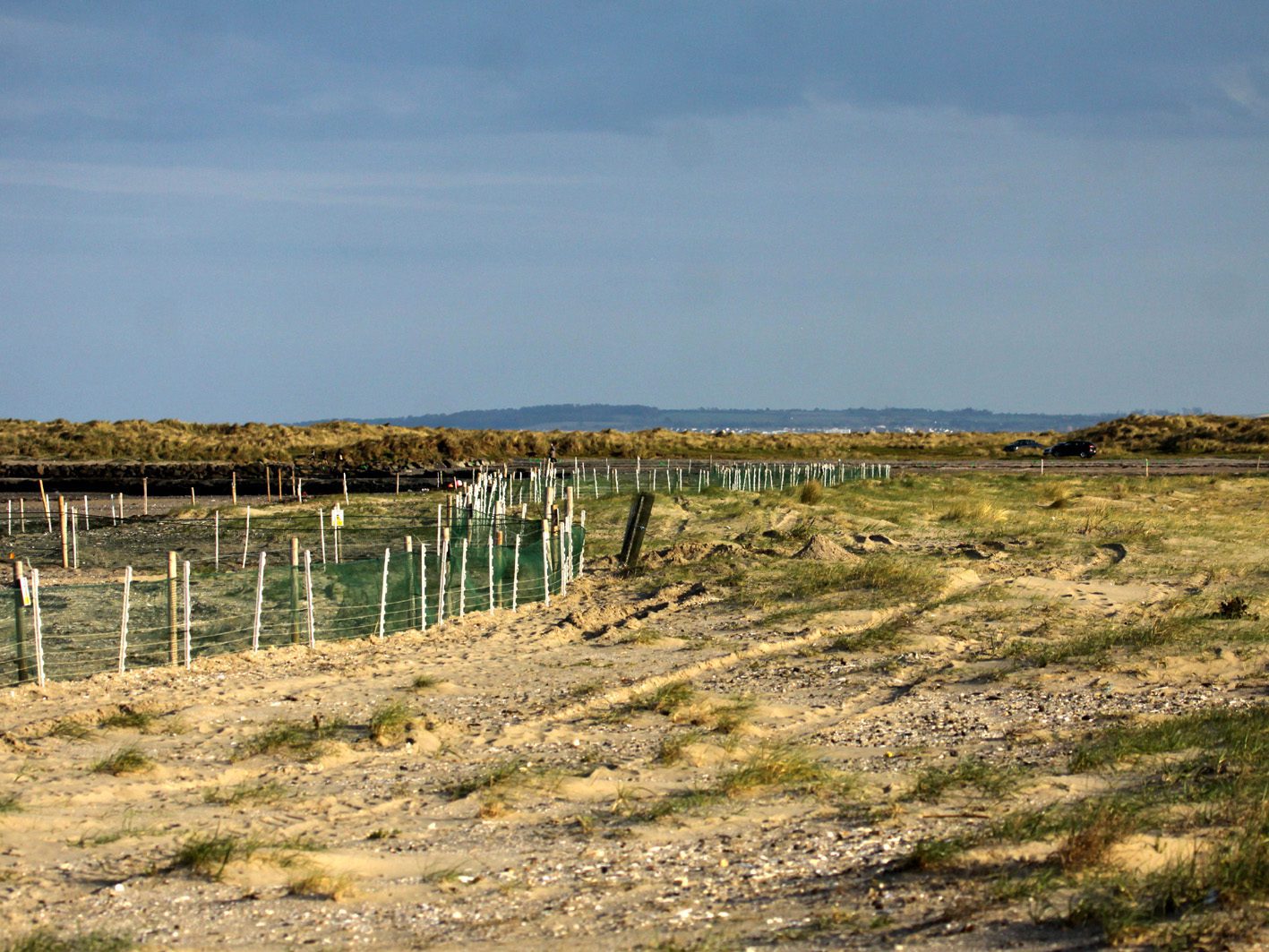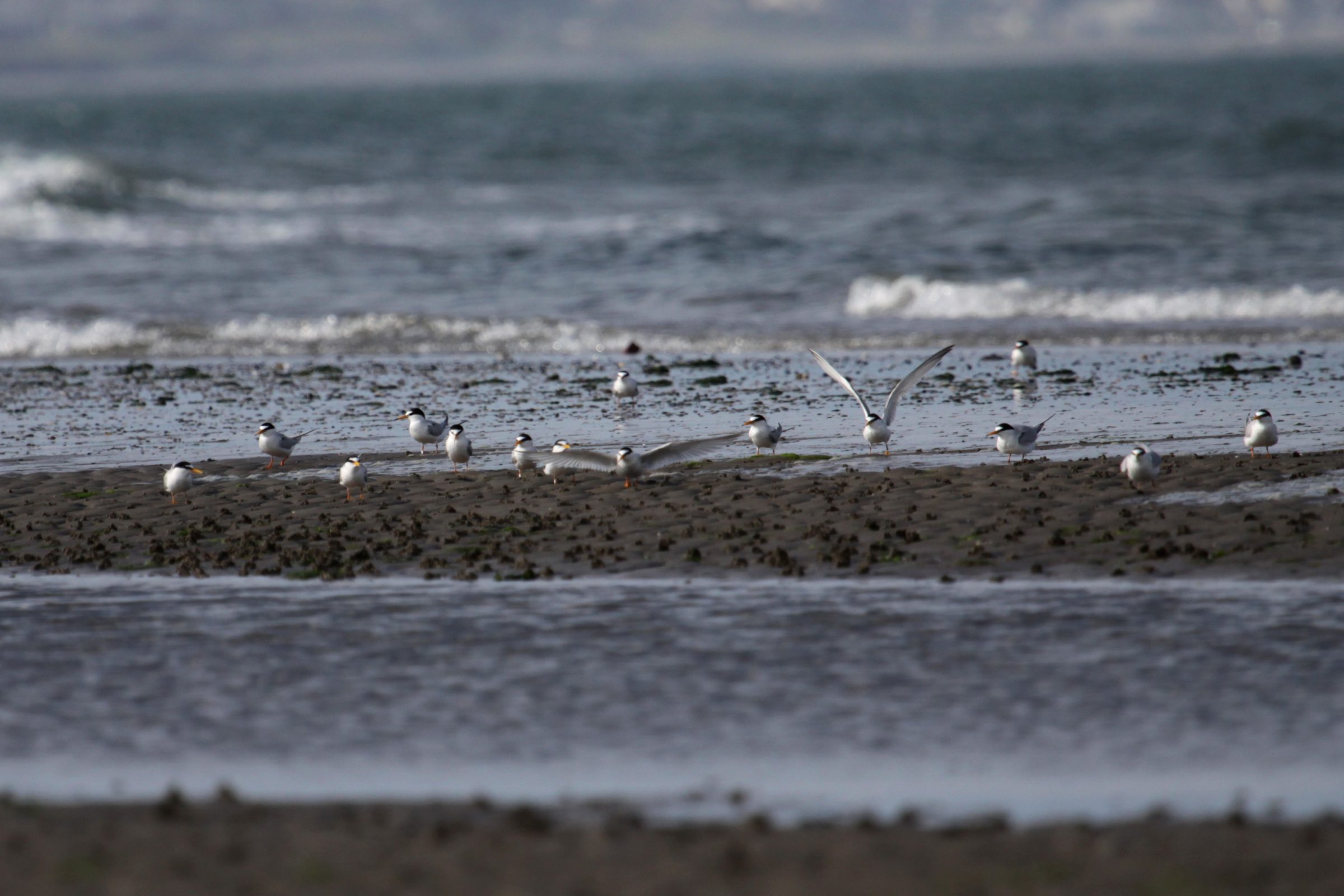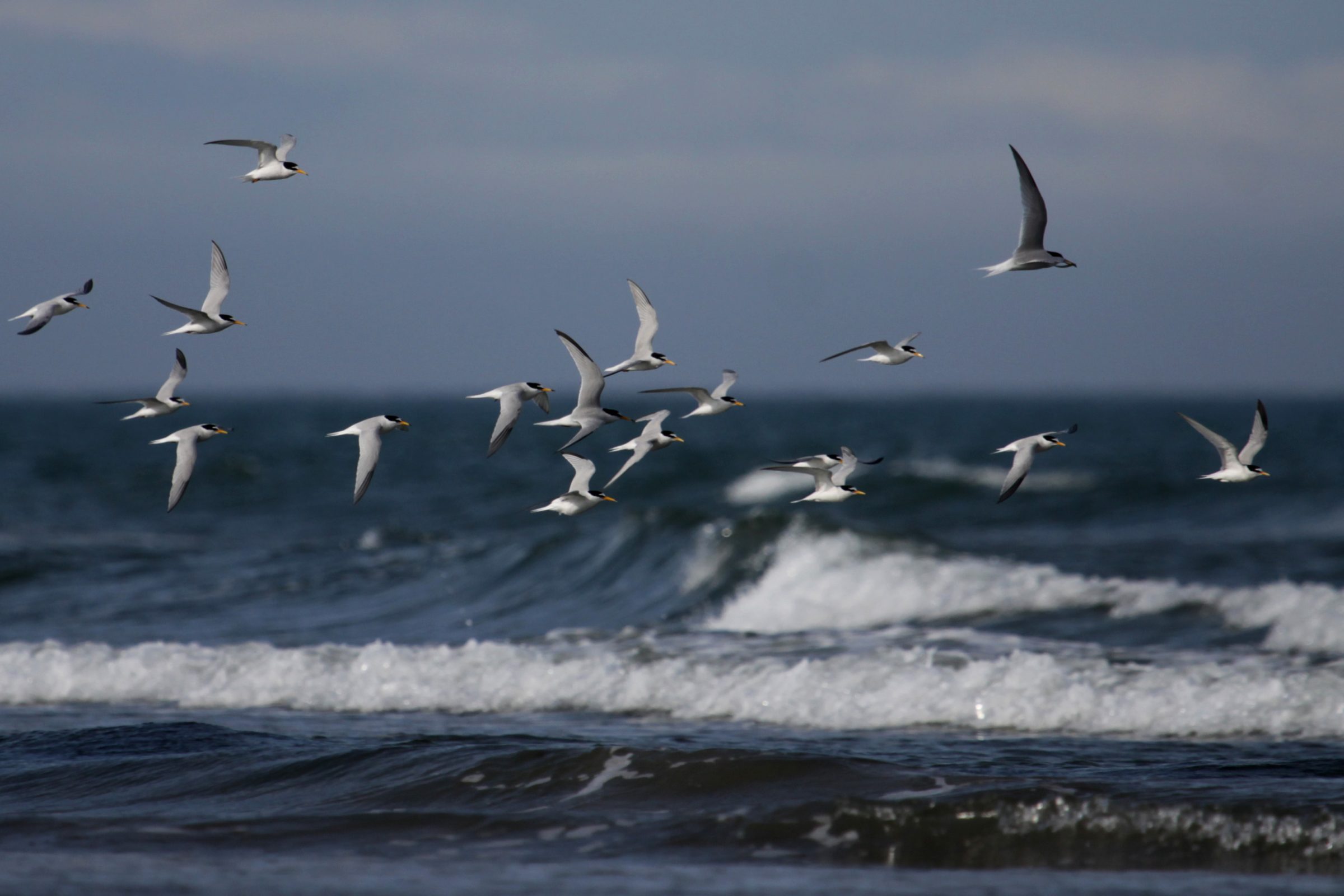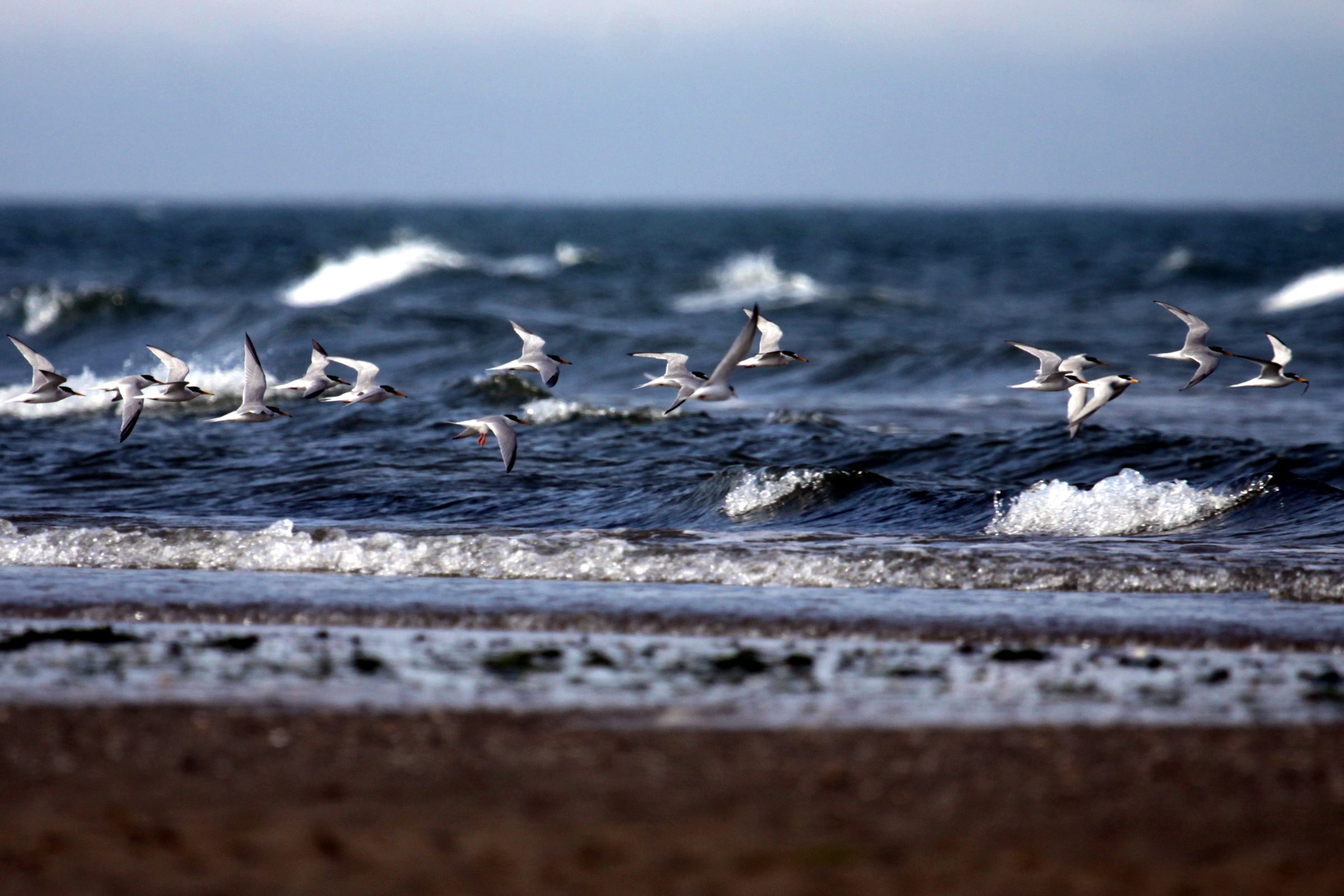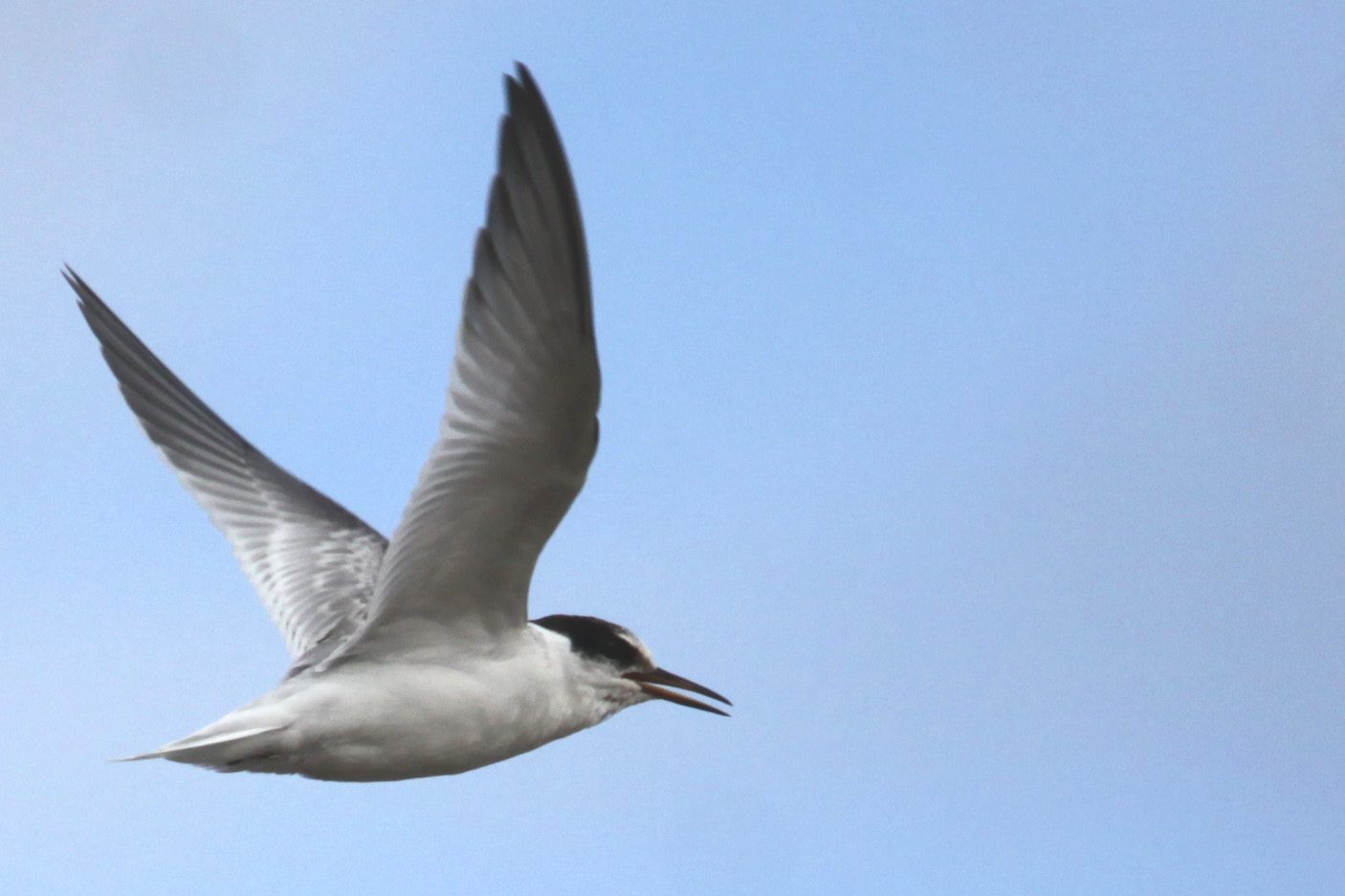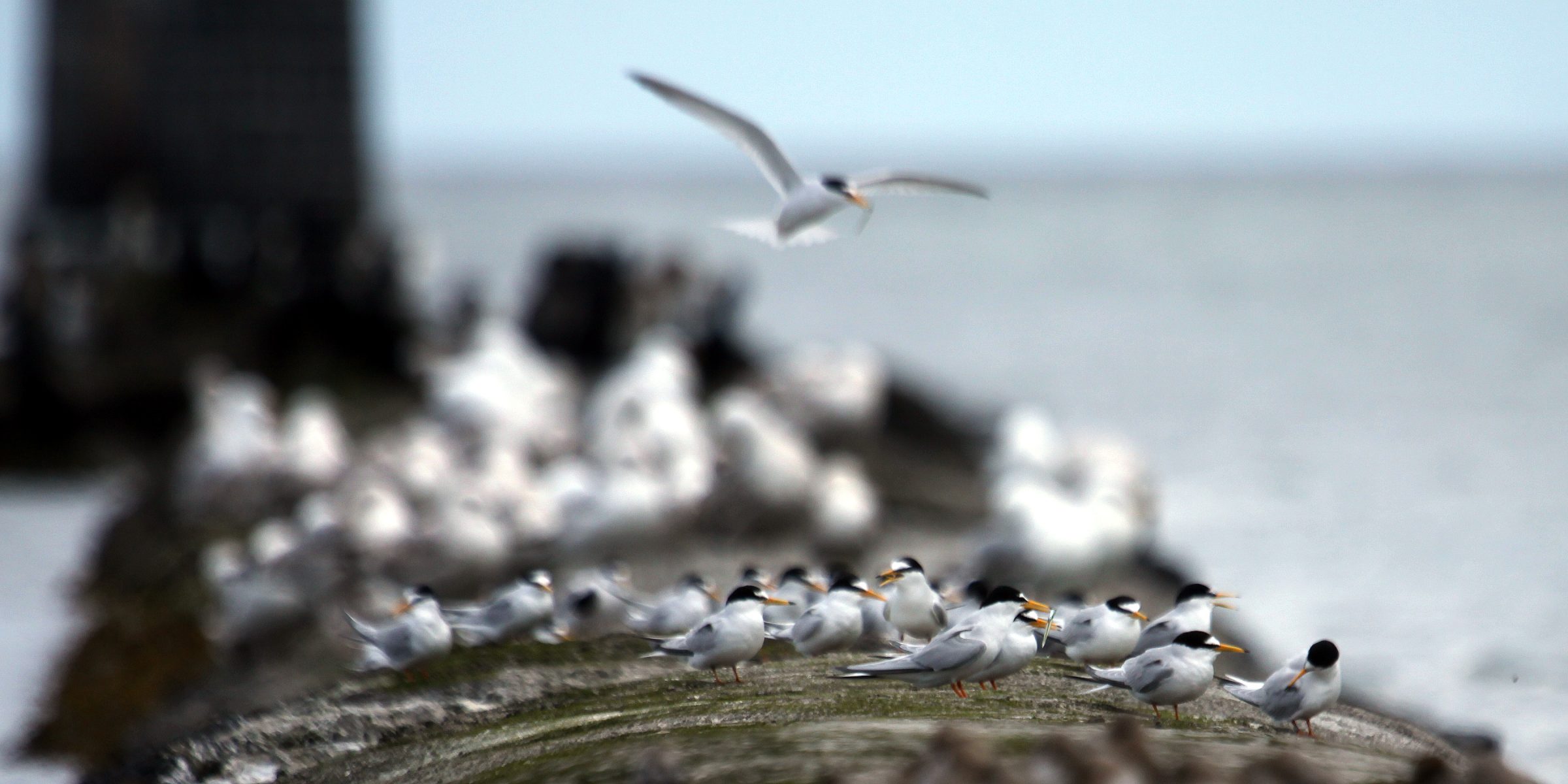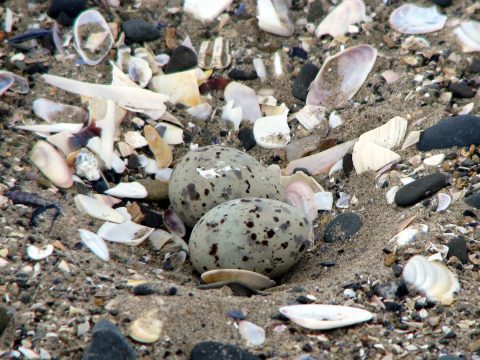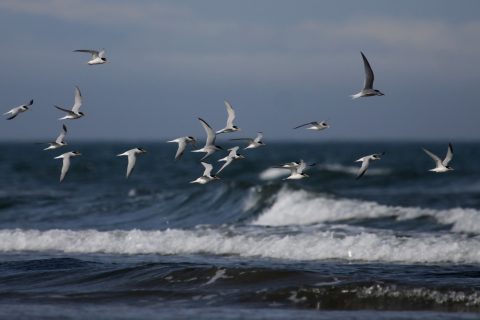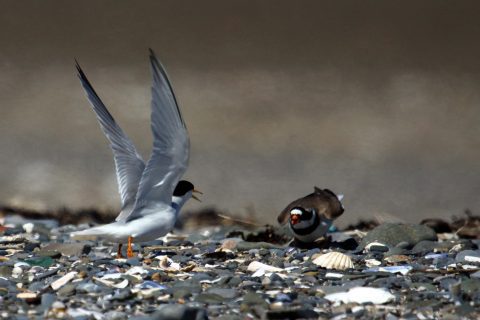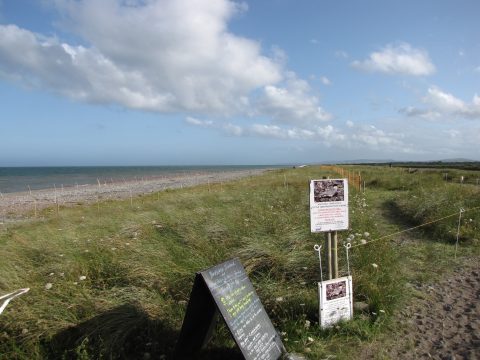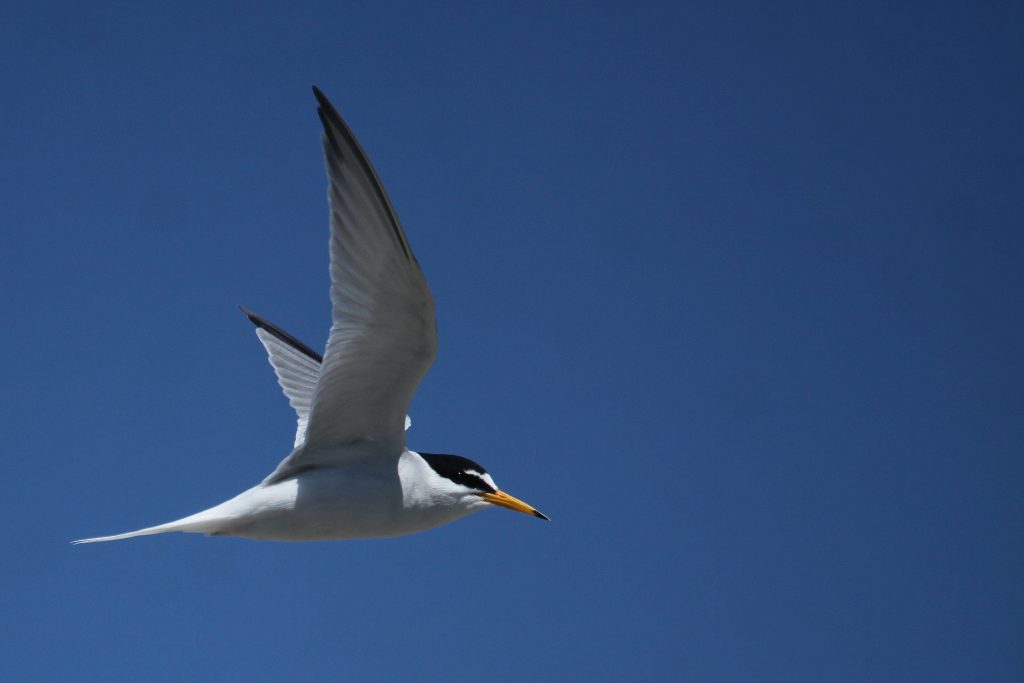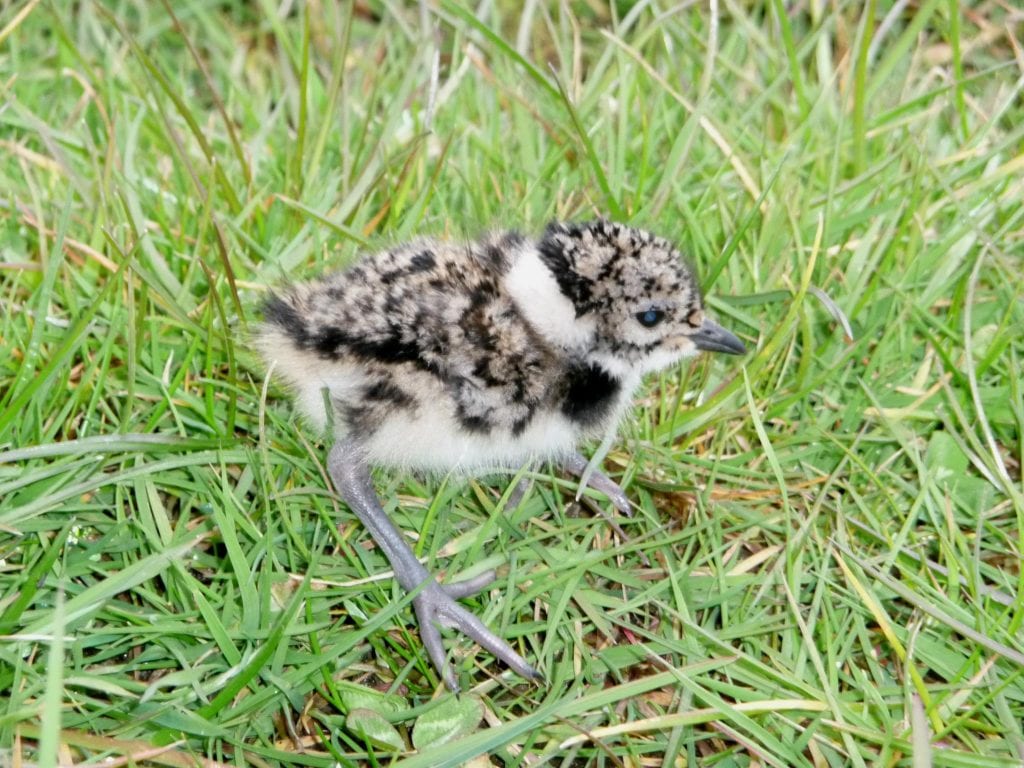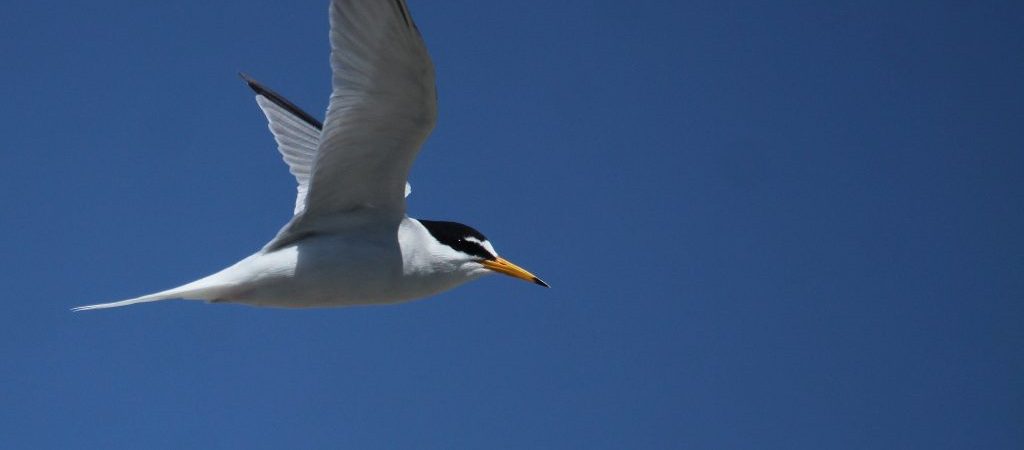

Louth Nature Trust
Louth Nature Trust
Dublin Zoo supports the Louth Nature Trust’s little tern project in Baltray, Co. Louth. The project works to protect the little tern, an Amber-listed migratory seabird, during its summer breeding season on Baltray Beach in Ireland.
Photos and video courtesy of Louth Nature Trust and RTE, respectively.
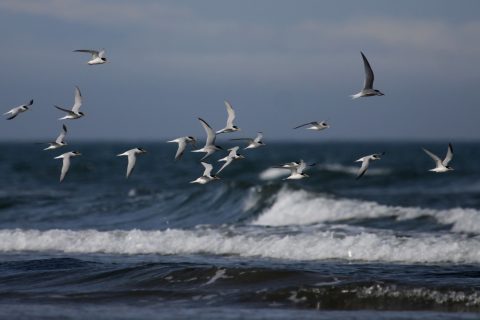
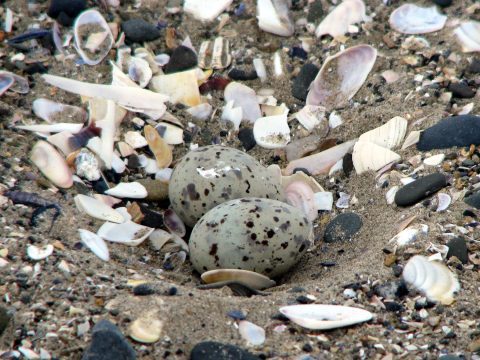
Protecting Ireland’s little terns
The little tern project on Baltray Beach began in 2007, when a group of local volunteers teamed up to protect the terns and their nests during the 2007 breeding season. The group then founded the Louth Nature Trust, and the little tern project has continued under the Trust every summer since.
The Trust employs seasonal tern wardens that monitor and watch over the tern colony 24 hours a day, from the terns’ arrival in Ireland to their departure. The wardens collect data on nest locations, eggs per nest, incubation times and feeding/rearing behaviours while also fencing off nesting areas and scanning for predators. Numerous volunteers also support the wardens with these tasks.
In 2025, around 245 little tern chicks hatched on Baltray Beach, which is a record for the site.
Status in the wild
The little tern has Amber Conservation Status in Ireland, meaning that it is of medium conservation concern. It overwinters in West Africa and migrates to Ireland to breed on Irish beaches from late April/early May until late July/early August. However, since the 1980s, the species has declined by around 40% in Ireland and the UK.
As a ground-nesting bird with camouflaged eggs and chicks, accidental trampling by humans and predation by foxes and other predators are significant factors contributing to this decline. Expanding infrastructure on Irish coasts, coastal erosion and rising sea levels are also reducing suitable nesting sites for little terns.
Little terns in Baltray
Protecting Ireland’s little terns
Community engagement
Besides directly protecting the colony, tern wardens and volunteers also engage with the public on the beach, educating them on the little terns and other local wildlife while also raising awareness of the project.
Occasionally, the wardens visit local primary schools and give interviews with local and national media. Interested individuals can also apply to become volunteers for the project.
What they say about Dublin Zoo’s support
“Dublin Zoo has been an invaluable partner to the Louth Nature Trust over the years, particularly in their support of our little tern conservation project at Baltray county Louth. The project has saved a long-standing little tern colony from the brink, when there was zero productivity over several years and the site was nearly abandoned. Gradually, with the support of Dublin Zoo, cordons were put in place to protect the nesting area, supported by day and night wardening. The result is that productivity has gone from zero in the early 2000s to over 200 checks fledged this year.”
– Breffni Martin, Director, Louth Nature Trust

